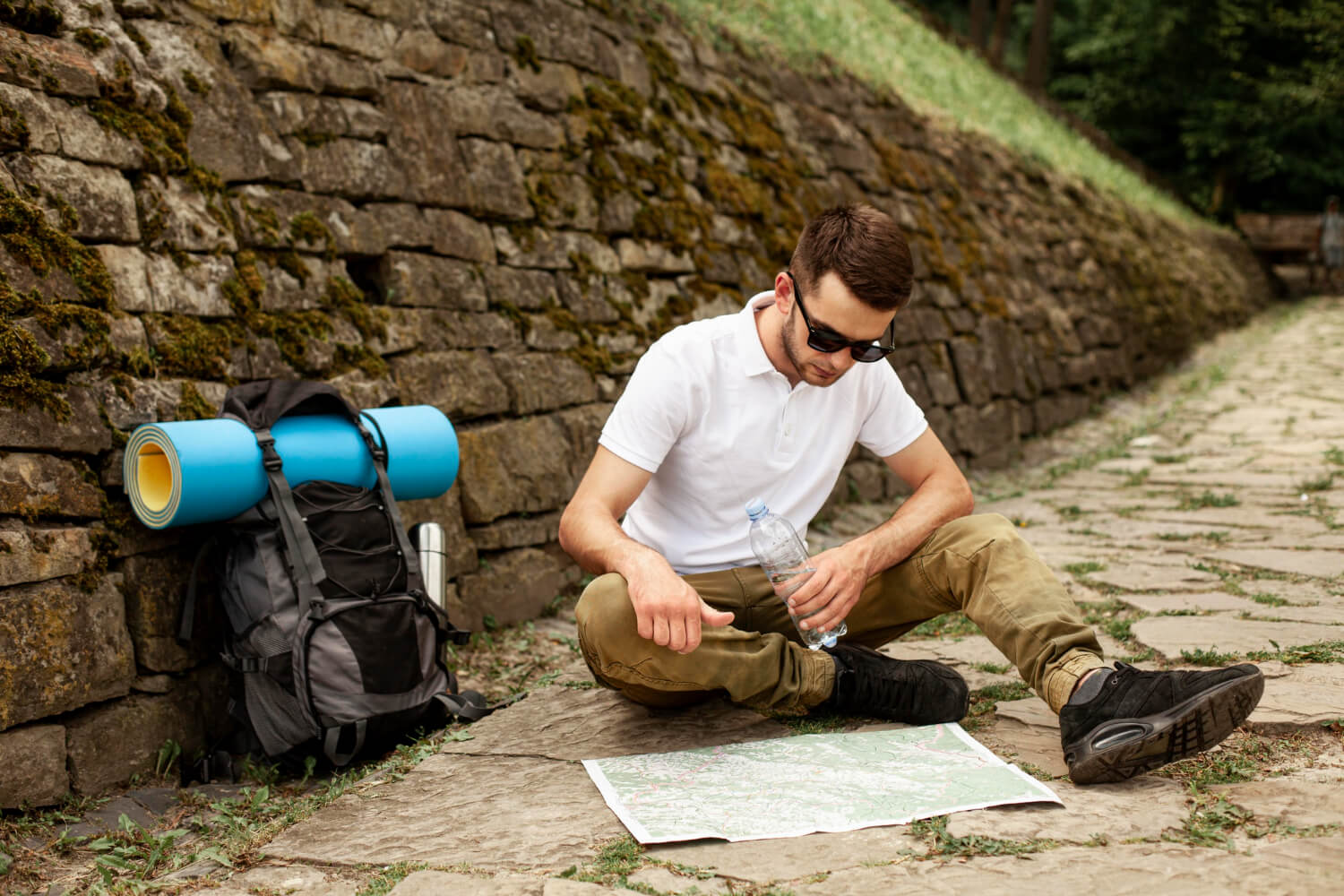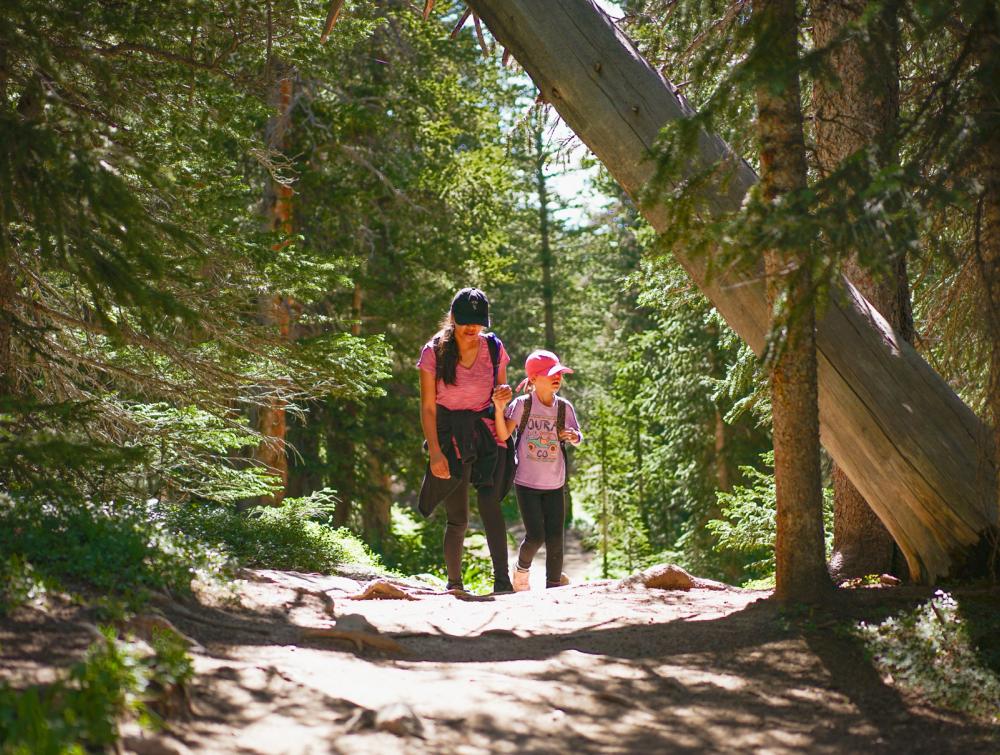Hiking is an excellent way to connect with nature, improve your fitness, and find peace away from the hustle and bustle of daily life. This guide will help you start your hiking journey with confidence and safety.
1. Why Start Hiking?
Hiking offers numerous benefits:
- Physical health: Improves cardiovascular fitness, builds strength, and enhances balance
- Mental well-being: Reduces stress, boosts mood, and increases self-esteem
- Connection with nature: Provides opportunities to appreciate natural beauty and wildlife
- Adventure: Offers new experiences and challenges
2. Essential Gear for Beginners
While you don’t need to break the bank, some basic gear is crucial:
Footwear
- Hiking boots or shoes: Choose based on the terrain. Ankle support is important for rough trails.
- Moisture-wicking socks: Prevent blisters and keep feet dry
Clothing
- Moisture-wicking base layer: Helps regulate body temperature
- Insulating layer: Fleece or wool for cooler weather
- Waterproof/windproof outer layer: Protects from elements
- Hat: Provides sun protection
Backpack
- Day pack (15-30 liters): Carries essentials comfortably
Other Essentials
- Water bottle or hydration system
- Snacks and lunch for longer hikes
- First-aid kit
- Navigation tools (map, compass, or GPS device)
- Sun protection (sunscreen, sunglasses)
- Insect repellent
3. Choosing Your First Hikes

Start small and gradually increase difficulty:
- Research local trails: Use apps like AllTrails or consult local hiking clubs
- Consider distance and elevation gain: Begin with shorter, flatter hikes
- Check trail conditions: Ensure the trail is suitable for your skill level
- Hike with experienced friends: Learn from others and enhance safety
4. Hiking Safety Tips
Safety should always be your top priority:
- Tell someone your plans: Share your route and expected return time
- Stay on marked trails: Avoid getting lost or damaging ecosystems
- Check weather forecasts: Be prepared for changing conditions
- Carry the Ten Essentials: Navigation, headlamp, sun protection, first aid, knife, fire starter, shelter, extra food, extra water, extra clothes
- Hike at a comfortable pace: Take breaks as needed
- Stay hydrated and fueled: Drink water regularly and snack often
5. Hiking Etiquette
Respect nature and fellow hikers:
- Leave No Trace: Pack out all trash, stay on designated trails
- Yield appropriately: Uphill hikers have the right of way
- Be quiet: Enjoy nature’s sounds and let others do the same
- Respect wildlife: Observe from a distance, don’t feed animals
6. Building Your Hiking Skills
As you gain experience, challenge yourself:
- Gradually increase hike difficulty: Try longer distances or more elevation gain
- Learn navigation skills: Practice using a map and compass
- Take a wilderness first aid course: Prepare for emergencies
- Join a hiking club: Meet like-minded people and discover new trails
7. Embracing the Hiking Lifestyle
Hiking can become more than just an occasional activity:
- Set hiking goals: Plan to complete specific trails or reach certain peaks
- Document your journeys: Keep a hiking journal or share photos online
- Combine hiking with other interests: Try birdwatching, photography, or geology
- Give back to the community: Volunteer for trail maintenance or conservation efforts
Conclusion
Hiking is a rewarding activity that offers something for everyone. By starting with the right gear, choosing appropriate trails, and prioritizing safety, you’ll be well on your way to enjoying the great outdoors. Remember, every expert hiker was once a beginner. Embrace the learning process, respect nature, and most importantly, have fun on the trails!
Happy hiking!





